Happy Thanksgiving and Welcome to “Recovery Starts Here” Special Author/Writer Interview. My name Catherine Lyon, Author and Advocate. I know I am a little overzealous as I just bought Lisa’s new book titled; “Raising The Bottom: Making Mindful Choices in a Drinking Culture” released just this past June 2017.
By the title, you may know some of what her book is about. But from all the 5-star Amazon reviews, there much more. And there is nothing like giving some practical and sound advice about alcohol and stopping alcoholism before it starts or happens.
Today though, we are going to learn more about who Lisa is and the “writer side” of her. So I hope you enjoy this “Special Interview” with Lisa Boucher.
Let’s get you introduced to everyone, shall we?

Share a little of what you do?
I am the author of 5 books and an RN. My first 4 books were novels, and my current book, “Raising the Bottom: Making Mindful Choices in a Drinking Culture” is nonfiction.
I’ve worked in all sorts of departments at the hospital: ER, telemetry, medical, neuro, and psych. To be honest, my true love is the writing biz but that doesn’t pay that well at the moment, so a girls’ gotta have a day job!
Where were you born and raised? Youngstown, OH
Tell us more about you? (Like your education, family, hobbies.)
I have a nursing degree and a BA in English. Have always been crazy about animals. I used to have a quarter horse, Sham, who I loved almost as much as I do my twin sons. I love to cook, I’m part Italian, so food is a big deal in our family. I also garden, and like Cat, love to feed and watch the birds.
Do you have any latest news?
I do! Raising the Bottom recently won the 2017 Best Book Award in the category of Women’s Health, and it was a finalist in addiction/recovery category. I also am looking forward to Shape Magazine, yes, the Shape Magazine, to run a piece that I contributed to that and will be on their online magazine.
I was also interviewed by a writer at Epoch Times, so I look forward to reading what he put together. I wish I had a specific date, but from what my publicists told me, it should run late November or early December. It may even be out by the time Cat publishes this!
Anything we should know besides you as an Author & Writer?
I’ve been sober 28 years. I am certainly no prohibitionist, but I am troubled by the “women & wine” culture that seems to be a bit over the top. Let’s not forget the kids of these women. There’s nothing funny about a drunk mom. Ask any child who has one.
Do you like writing?
I love it. It’s a process and can be crazy and maddening and frustrating sometimes, but it’s who I am. I am a writer.
When and why did you begin writing?
Honestly, I heard a voice–an audible voice in my kitchen one day. I had just graduated from nursing school, back in 1994. I was home alone one day and musing about my life, my purpose. Was nursing it? A voice came through as loud and clear as if my husband was standing in the room, but he nor my small twins were home. The voice said–”Now I want you to write a book.” I couldn’t believe it. I didn’t even have a computer at the time.
What inspired you to write your first book? God.
How did you come up with the title?
I can’t remember, it was a long time ago. I guess it just came to me like my titles usually do. I have a writer’ly quirk that I can’t seem to write a thing until I do have the title.
Do you have a specific writing style?
No. With the novels, I just let it go and then do lots of cutting and pasting! With RTB, I did try to at least plan out the chapters.
How much of the book is realistic and are experiences based on someone you know, or events in your own life?
The story is about my alcoholic mother; our family; my getting sober early in my disease. I then interviewed 10 other women and they shared their story. I focused on women people would never suspect they had a problem. High bottom women whose bottom was mostly internal: doctors, nurses, mother and grandmothers, young women.
I also did a chapter for the kids, “What Your Kids Say about You and Your Drinking. I feel they never get to have a voice, so I wanted to give them one. I also did a chapter, “Doctors, Nurses and Health Care.” There is so much that goes on behind the scenes at the hospitals and people have no clue. Healthcare has changed so much, and not for the better. The hospitals & some doctors, they want customers, not cures.
To craft your works, do you have to travel? Before or during the process?
I didn’t have to travel since I was local, but I did write some of it in Bimini. Bimini is a tiny island in the Bahamas and not much goes on there. It’s a perfect place to write. Ernest Hemingway wrote some of “Islands in the Stream” there.
Who designed the cover?
She Writes Press had a design/illustrator do it.
Is there a message in your novel that you want readers to grasp?
Well, it’s not a novel, but I think every person knows someone who drinks too much. It’s a book for all, whether or not you drink–you know someone who does. Forewarned is Forearmed!
Are there any new authors that have grasped your interest? Who is your favorite?
I have so many books in my reading pile. I’m reading Erik Larson, and my favorite right now is David Foster Wallace. He was brilliant but sadly, committed suicide at the age of 46. He was an amazingly gifted writer. Such a tragedy.
Outside of family members, name one person that supported your commitment to becoming a published author?
Well, not many. I really didn’t talk about it all that much. It seems that if you mention you’re writing a book, everyone chimes in and says me too! I wonder how many of those people will actually finish a book. It was such a tough long road, and still is, so I didn’t talk too much about writing with people other than my family. Of course, people knew I wrote, I just didn’t look to them for support.
If you had to do it all over again, would you change anything in your latest book?
No, I’m pleased with the way it turned out. Of course, if I sat and thought hard about it I would come up with something, but why make myself crazy? It’s too late to change anything so it is what it is and I think it’s pretty darn good. I did the best I could, and I know my writer’s voice came through strong & clear in “Raising the Bottom.”
Did you learn anything during the writing of your recent book?
Oh, my goodness yes! With each book, my writing got better and better. I grew as a writer.
If your book was made into a film, who would you like to play the lead?
No, I can’t act. Can’t see that at all!
Any advice for other writers?
Keep plugging away. I think if it’s for you to write, you’ll write. I tried to walk away from it so many times, but it seems I kept getting pulled back. If you can walk away from writing and be happy and never miss the agony of it all, you’re probably not a writer. But, if you keep writing even when the journey looks so dark, you’re a writer. We can’t not write. Period.
Will you write another book?
If God wills it, I believe I will. I have some ideas already, but I’m not ready to start another book yet.
What are you reading now?
Just finished *your) Cat’s book: “Addicted to Dimes, Confessions of a Liar and a Cheat.” (what a journey she had, but survived and came out stronger on the other side!).
I’m also reading “Anatomy of an Epidemic” by Robert Whitaker.
He’s an investigative reporter and writes about the destructive nature of big Pharma: What he learned mirrors my experiences of what I’ve seen going on in the hospitals for 24 years. The pills doctors prescribe are ruining lives. It’s so sad to see lives destroyed by all the drugs they put people on. I’ve watched lives spiral down to the depths of despair, all because of the RX’s.
Do you remember the first book you read?
Anything Nancy Drew! I Think was the first series type books I can remember.
Is there one person, past or present, you would love to meet? Why?
Jesus, & Michelangelo. Can you think of two more interesting people?
CAT: LOL… I have to agree about meeting Jesus to ask, What’s It All About? And the other person….hhhhmmmmm, ELVIS! To let him know how bad The Drug Epidemic has gotten…And some to blame is like his Doctor, Over Prescribing Pain Meds and Anxiety Meds too!
Favorite Music and Color?
hmmm, that’s a hard one. I like Norah Jones and soothing instrumental music. In my car–I’m a country girl and love the old county music of Wille, Waylon, Kris Kristofferson, Cash, Tammy Wynette. Yeah, the old stuff!
Colors: Turquoise or Black.
What do you want to be written on your headstone as part of your Legacy?
Something about healing. I’ve worked with women for 28 years, and I know I’ve been blessed to have been a part of their healing. I also want to leave a legacy of having a bit of grit. The world can be a hard place, but we can be all right if we take God with us.
“One of Lisa’s Favorite Place? ~ Palermo, Sicily – Italy!”

Do you have a blog or website? Where can readers connect with you on Social Media? Sure do! Website: Raising The Bottom.
I’m on Twitter & Instagram: @LBoucherAuthor – My Book Available on Amazon online. – FB page: Lisa Speaks of Raising The Bottom
I Thank you, Kim, for allowing me to share YOU with my readers and blog visitors. We all will enjoy learning all about you as a writer. WHAT an Honor it is to have you with us!
WISHING YOU and all my blog readers, friends, and visitors a very HAPPY, Healthy, and Sober THANKSGIVING! May God Bless You…

Author and Advocate, Catherine Townsend-Lyon
Please Share Hope & Recovery













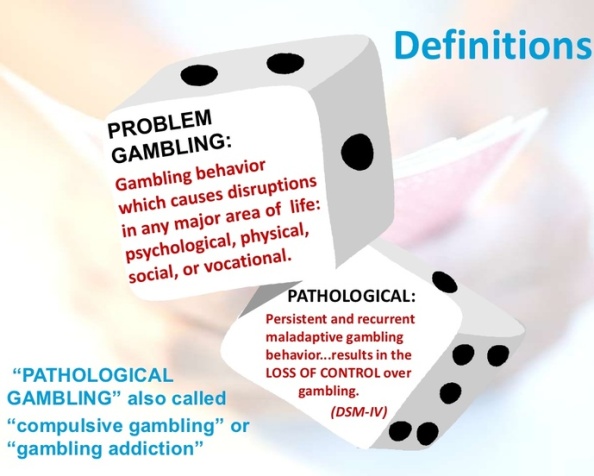







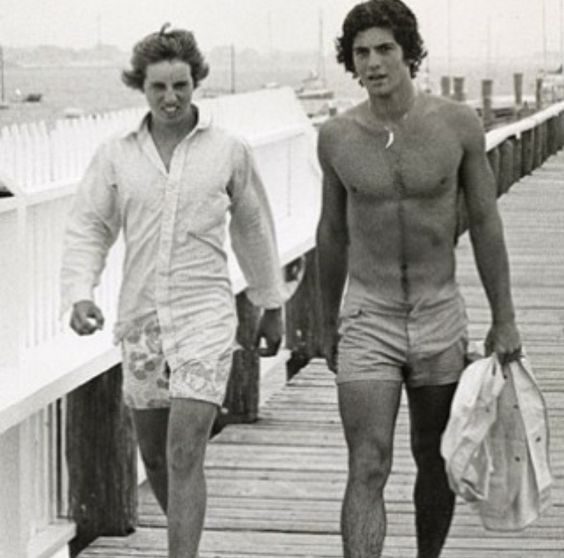

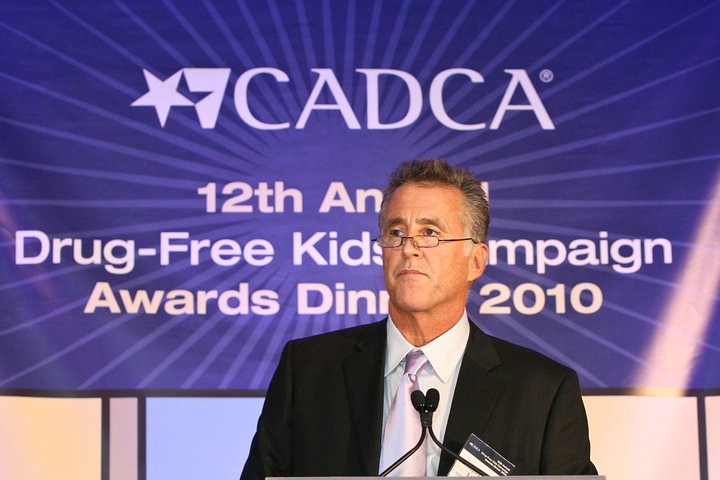




![To Hell And Back: Heroin And Recovery: My Life Of Addiction And Recovery Told Through Past Journals by [Emerson, Aaron]](https://images-na.ssl-images-amazon.com/images/I/51kyE4nDzzL.jpg)

























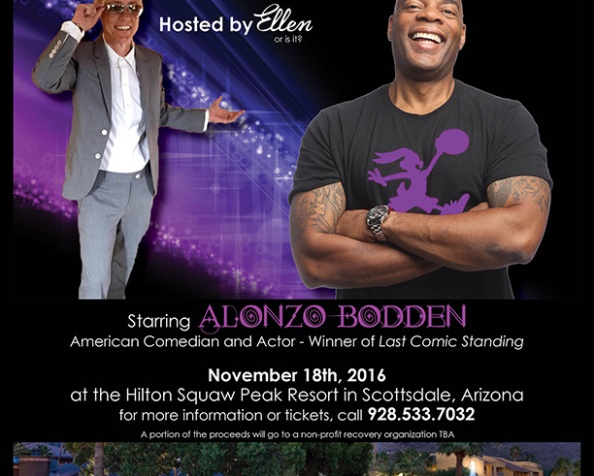














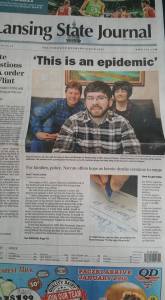



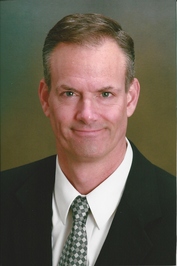


![[] FINAL HEADSHOT](https://betfreerecoverynow.files.wordpress.com/2016/02/final-headshot.jpg)

![[] bert panel (print for edit)](https://bertstherapy.files.wordpress.com/2014/07/bert-panel-print-for-edit.jpg?w=604)









